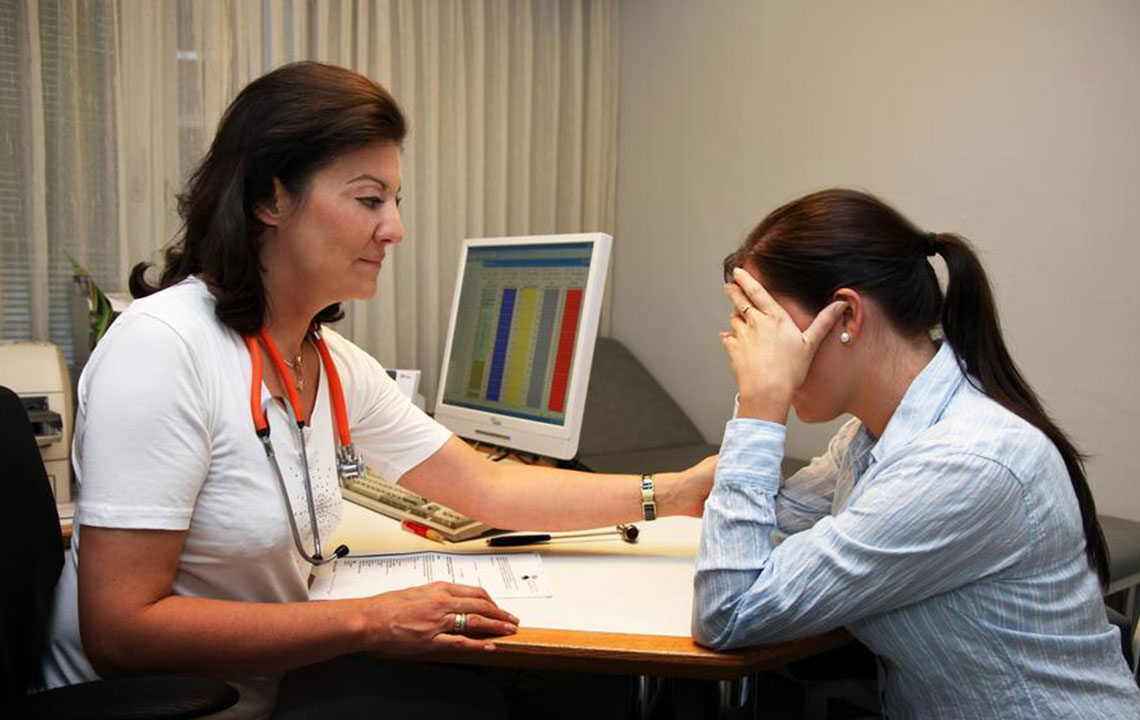Comprehensive Insights into the Causes and Prevention of Colon Polyps
This comprehensive guide explores the underlying causes, risk factors, and prevention methods for colon polyp formation. It emphasizes the importance of regular screenings like colonoscopy, highlights genetic and lifestyle influences, and provides practical tips on maintaining colon health to prevent progression into colorectal cancer. Understanding these aspects enables early detection and effective intervention, promoting long-term colon health.

Comprehensive Insights into the Causes and Prevention of Colon Polyps
Colon polyps are small, abnormal tissue growths that develop on the inner lining of the large intestine or colon. Although most colon polyps are benign and do not cause immediate symptoms, their significance lies in the potential to develop into colorectal cancer if left undetected and untreated. Understanding the underlying causes, risk factors, and prevention strategies is crucial for anyone looking to maintain colon health and reduce their risk of malignancy.
Colon polyps are broadly classified into two primary categories: neoplastic and non-neoplastic. Neoplastic polyps, such as adenomatous polyps and serrated polyps, tend to be larger and possess a higher malignant potential, which underscores their importance in colorectal cancer screening and prevention. Non-neoplastic polyps, including hyperplastic, hamartomatous, and inflammatory types, are generally less likely to progress to cancer. Despite their differences, both types underscore the importance of routine screening, especially since many polyps are asymptomatic and remain unnoticed without medical intervention.
Regular screening procedures like colonoscopy play an essential role in early detection and removal of precancerous polyps. This proactive approach significantly reduces the risk of progression to colorectal cancer, which is among the leading causes of cancer-related deaths worldwide. The importance of early detection cannot be overstated, especially for individuals with risk factors such as a family history of polyps or colorectal cancer.
The development of colon polyps is primarily driven by genetic mutations that promote abnormal cell growth within the colon lining. These genetic alterations can be inherited or acquired over time due to environmental influences. In addition to genetic factors, chronic inflammatory conditions like Crohn’s disease and ulcerative colitis are significant contributors, as persistent inflammation can promote abnormal tissue growth and increase polyp formation risk. Hereditary syndromes such as Lynch syndrome and familial adenomatous polyposis (FAP) are rare yet impactful factors, greatly heightening the likelihood of developing multiple polyps and colorectal cancer at a younger age.
Lifestyle choices also influence colon polyp formation. Factors such as smoking, excessive alcohol consumption, a diet high in red and processed meats, and low intake of fiber-rich foods contribute considerably to the risk. Diets lacking in fruits, vegetables, and whole grains deprive the colon of essential nutrients and protective compounds that may prevent abnormal cell growth. Conversely, a healthy lifestyle emphasizing balanced nutrition, regular physical activity, and avoiding harmful habits can play a significant role in reducing the risk of colon polyps.
Preventive strategies are vital in managing colon health. Incorporating dietary changes that include a variety of fruits, vegetables, whole grains, and fiber-rich foods can support colon health. Maintaining a healthy weight and engaging in regular exercise further decreases risk. For those with a family history or genetic predisposition, genetic counseling and more frequent screenings are recommended. If colon polyps are detected early, healthcare providers can perform removal procedures during colonoscopy, thereby preventing the progression to cancer and improving long-term outcomes.
In summary, understanding the causes of colon polyps—ranging from genetic mutations and inflammatory conditions to lifestyle choices—is essential in effective prevention and early detection. Routine colonoscopy screenings are a critical tool in identifying and removing polyps before they become cancerous. By adopting a healthy lifestyle, undergoing regular screenings, and seeking personalized medical advice when necessary, individuals can significantly reduce their risk of colon cancer and promote overall colon health.





